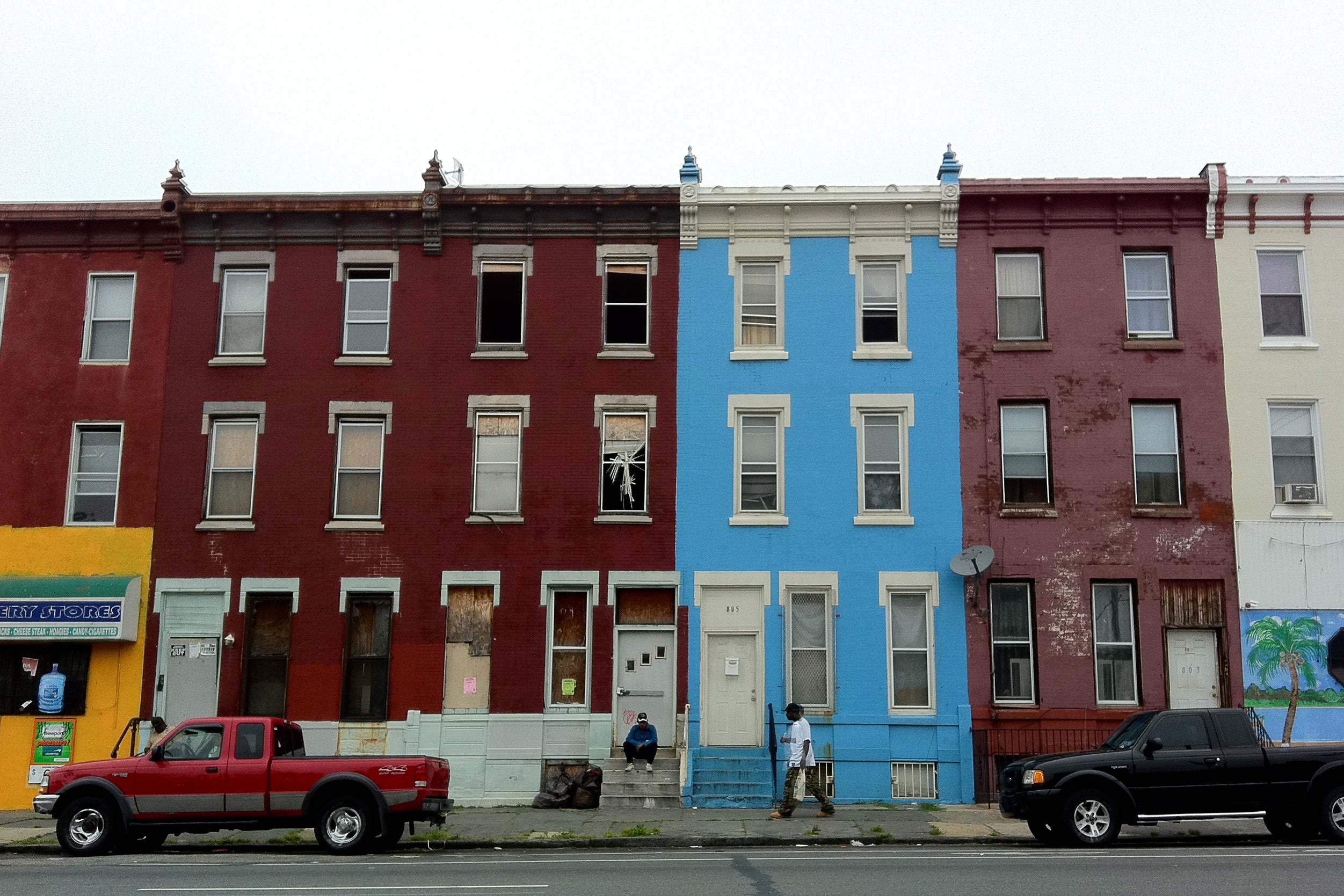Abraham wants to double the tax abatement in underdeveloped neighborhoods

Lynne Abraham says the city could simultaneously encourage growth and protect homeowners if it would double the length of the 10-year property-tax abatement in blighted and underdeveloped neighborhoods outside of Center City.
Abraham, the former district attorney, announced the idea to at a mayoral forum at Temple University Wednesday night. The forum was organized around the theme of equitable development—State Senator Tony Williams called it a coded way of talking about gentrification—and hosted by the Philadelphia Association of CDCs.
Like other tax incentives, the city’s 10-year abatement has been the source of much disagreement over the years. Proponents claim it’s been responsible for the steady growth of the downtown core since it was introduced in 2000. Opponents say it hasn’t been responsible for anything; instead it has allowed developers who would have built in Center City anyway to keep money that should be going to schools and city services.
“Lots of people complain that Center City Philadelphia, where the wealthy generally congregate, has had the benefit of a ten-year tax abatement, and people feel very, very strongly about it,” Abraham told PlanPhilly after the forum. “So I thought that, why don’t we balance the scales so that everybody in the outlying community—not in the Center City core—who wants to build in their communities, but they’re not catering to the wealthy, but they’re catering to neighborhood people who want to have a better life, can have a 20-year tax abatement?”
Abraham said that a longer abatement targeted in struggling neighborhoods would encourage new development. More importantly, she said, it would encourage homeowners to invest in repairs.
In its Equitable Development Platform, PACDC promotes the preservation of existing housing stock as an effective way to keep housing costs down in neighborhoods where values are rising. The group also says that it’s “time to review” the 10-year tax abatement. Beth McConnell, PACDC’s policy director, said on Thursday that the idea is worth a look.
“Property tax abatements should be used to incentivize development that would not happen without this form of public subsidy,” McConnell wrote in an email. “Extending the abatement in some of our most disinvested neighborhoods may make sense, if we limit it in higher-market value neighborhoods and projects where developers no longer need an incentive to build.”
Abraham, whose campaign is being advised by development attorney Michael Sklaroff, is the first candidate to call for an extension of the tax abatement, originally outlining the proposal in her campaign announcement.*
In the past few years, Councilman Wilson Goode, Jr., has entertained various proposals to shorten the length of the abatement in order to raise more revenue. The Building Industry Association has advocated for an extension of the abatement on a citywide basis.
Kevin Gillen, an economist who works with the California-based Meyers Research group as well as the Lindy Institute at Drexel University, released a report in 2013 crediting the abatement for the downtown real estate boom, and advocating for its extension to 20 years. He said on Thursday that he’s since crunched the numbers again, and doesn’t believe an extension of the abatement would promote substantially more growth.
On Wednesday night, Abraham framed the idea as a boon to long-term residents as well as developers. Homeowners who make improvements to their houses that require building permits can claim an abatement equal to the cost of the repairs.
“So if I wanted to rehab my home in, I don’t know, wherever, and get a 20-year tax abatement, I get the increased value of my house, I get a tax abatement, and I can sell my house at a profit when I don’t want to live there, or when I want to retire, and take the benefit of the increased value of my house and retire someplace and have a nice, comfortable nest egg,” Abraham said.
Gillen said that Abraham’s proposed change would require enabling legislation from the state so that different areas of the city could be taxed differently. And that isn’t a totally farfetched possibility, according to him.
The extended tax break would apply to neighborhoods outside Center City but not the wealthier ones like Chestnut Hill, Abraham said.
“I’m talking about Fairhill, Upper Kensington, East Philadelphia, West of Broad Street North Philadelphia, places where there aren’t development opportunities, to give people incentives to go there and do that,” she said. “I think it’s a great idea.”
Earlier on Wednesday, the Inquirer reported, Tony Williams laid out his own economic-development platform which includes unspecified tax breaks to lure businesses into neighborhoods outside Center City. Williams is advocating for 15 percent property-tax increase on commercial properties, which would also require a change to the state constitution.
*Note: After this article was published, Jim Kenney’s campaign reached out to say that Kenney was the first to endorse restructuring the abatement when he called for a reassessment of land values on abated properties. We noted the claim. Abraham’s campaign then called to clarify that, in fact, Abraham had endorsed extending the abatement in outlying neighborhoods at her campaign announcement last November, long before Kenney entered the race, in February.
PlanPhilly regrets the errors, and thanks the campaigns for reading.
WHYY is your source for fact-based, in-depth journalism and information. As a nonprofit organization, we rely on financial support from readers like you. Please give today.



